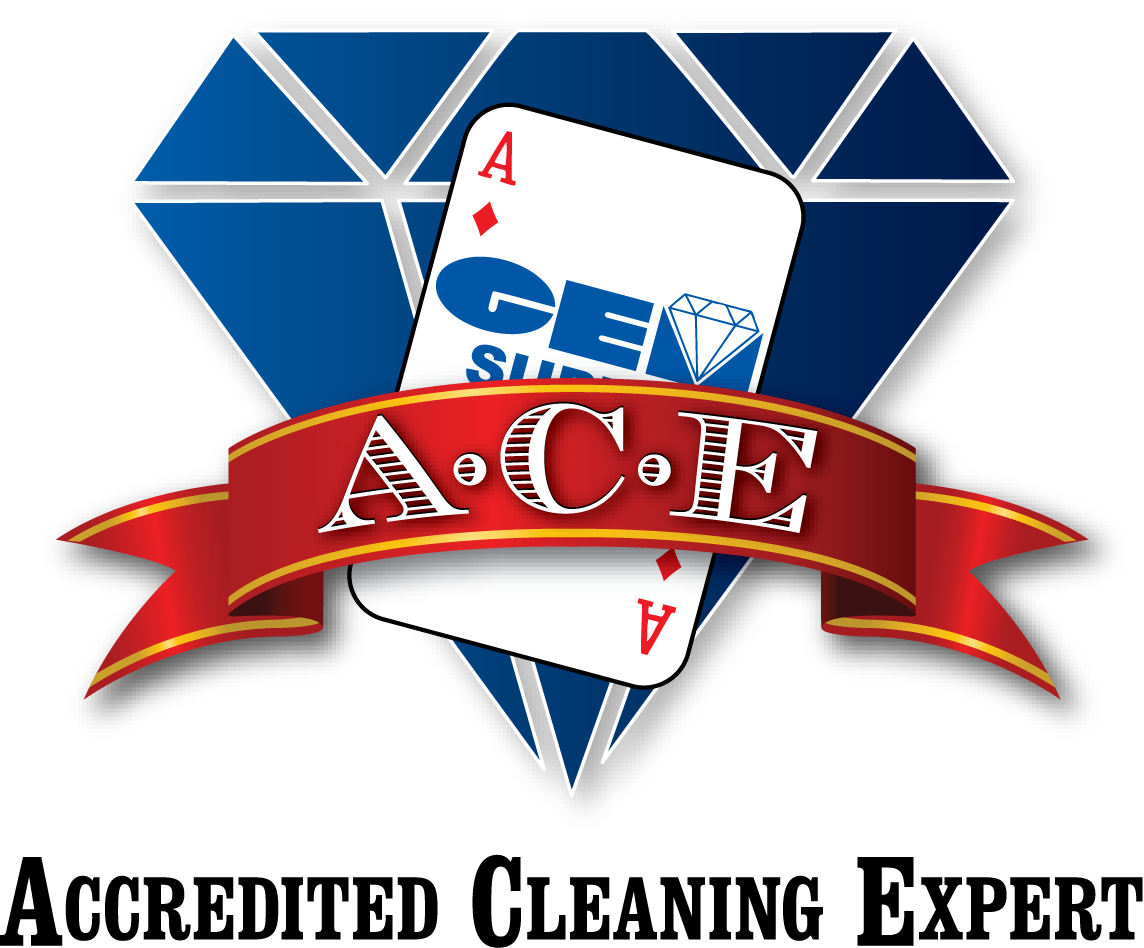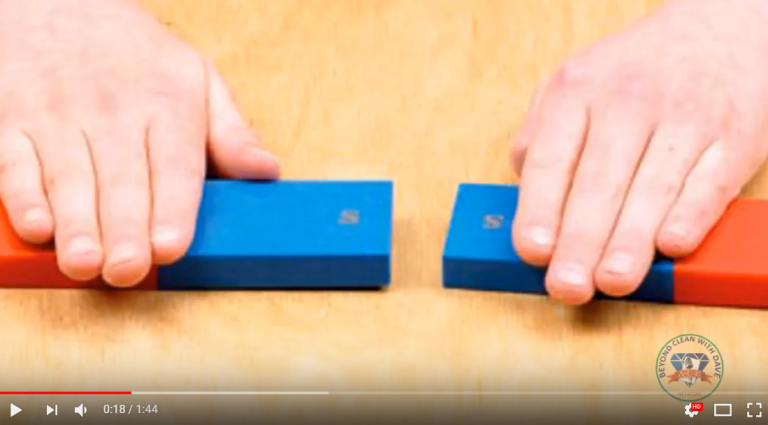Hotel Cleaning and Disinfecting Tips
Hotel Cleaning and Disinfecting Tips
Summer travel can mean high guest turnover for hotels and other hospitality settings. However, more guests should not equal less frequent cleanings.
Below Clorox offers a few quick tips housekeeping professionals can incorporate into their cleaning process in between deep room cleanings.
Target High-Touch Room Surfaces. Objects and surfaces that are frequently touched by hotel guests such as doorknobs, light switches, nightstands, phones, remotes and bathroom countertops need to be disinfected at least once a day. Germs like influenza can survive on surfaces for hours, and norovirus, a source of acute gastroenteritis, can survive for weeks at a time, providing ample opportunity for the spread of infection between guests and staff, so it is important to use products that are EPA-registered to kill germs of most concern.
Ready-to-use disinfecting wipes are a great and easy-to-use solution, especially those that are EPA-registered to kill influenza and norovirus on a wide variety of surfaces.
Don’t Neglect Soft Surfaces. Hotels change the sheets and linens after each guest, but other guestroom soft surfaces such as curtains, bedspreads, upholstered furniture and pillows may only get a good washing on a quarterly basis. In between deep cleanings and launderings, quickly refresh and sanitize these items before each new guest with a one-step, multiuse product.
There are now multiuse hydrogen peroxide-based products available that are EPA-registered to kill illness-causing bacteria on soft surfaces in as little as 30 seconds to help achieve a healthier living environment.
Eliminate Unpleasant Odors. No one likes to walk into a hotel room that smells musty or harbors other unwanted odors that make it seem unclean, such as urine odor. Cleaning professionals can remove odors directly from the air by selecting an aerosol product with an active ingredient that kills 99.9 percent of airborne, odor-causing bacteria.
In the bathroom, odors can persist on porous, damp surfaces such as grout, which trap the bacteria sources that feed on urine. Humid conditions or wetting the surface can also reactivate the odor. Look for ready-to-use hydrogen peroxide-based cleaners, which are a better choice for removing stains and breaking down odor-causing uric acid crystals. Ready-to-use formulas are also quicker and easier to use because there is no need for dilution.
CleanLink.com
![]()



